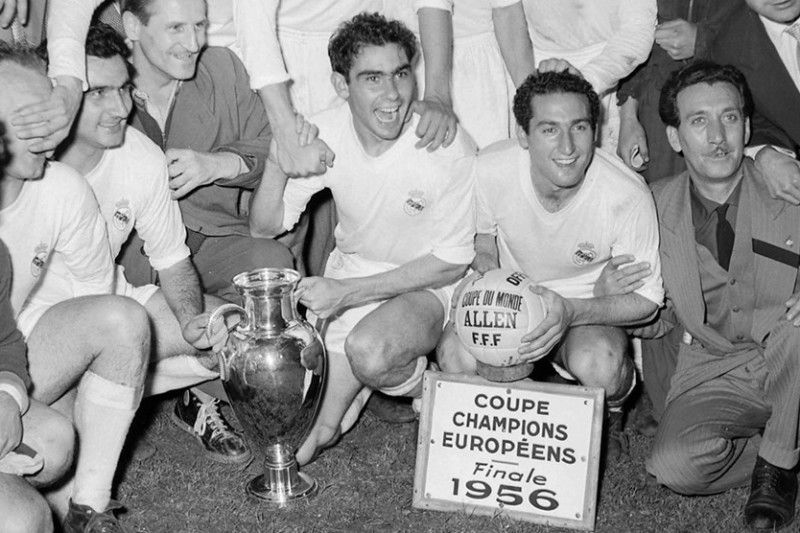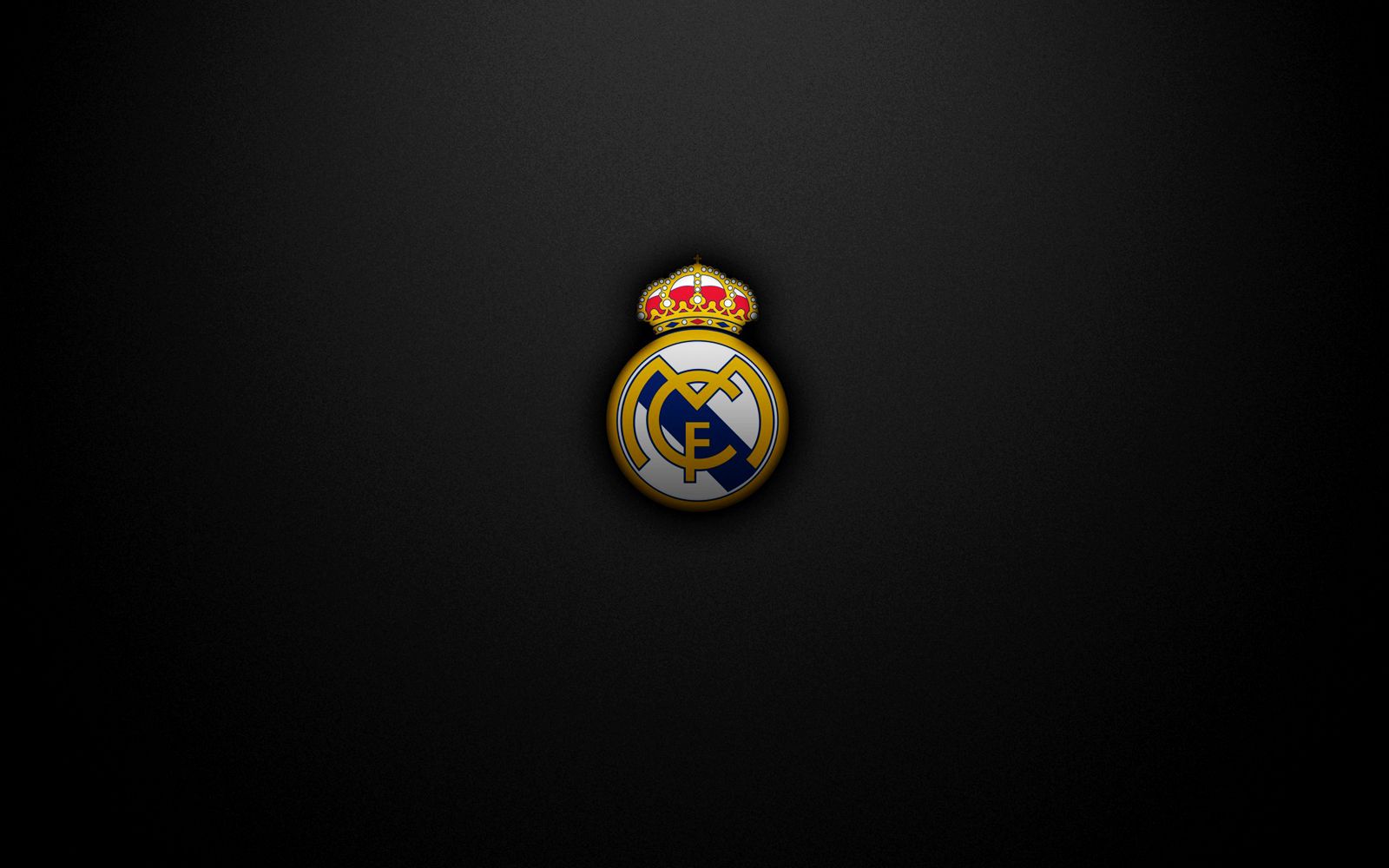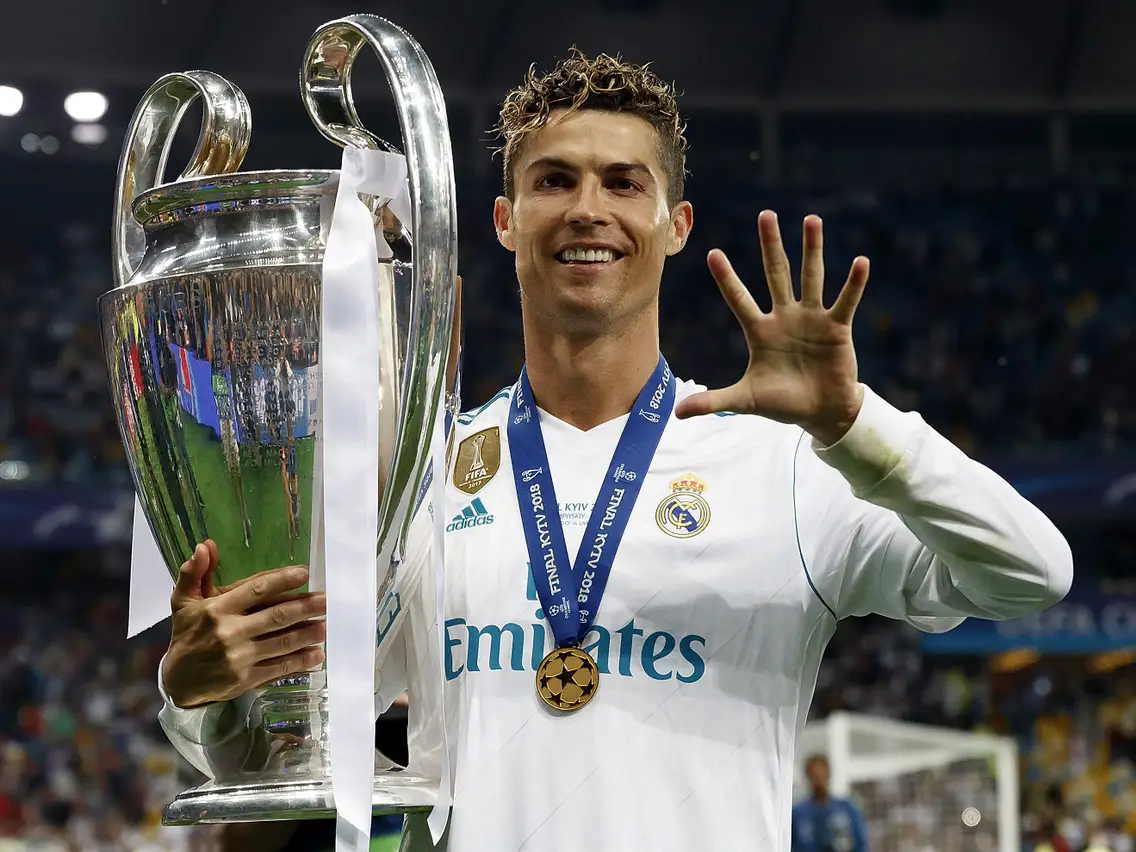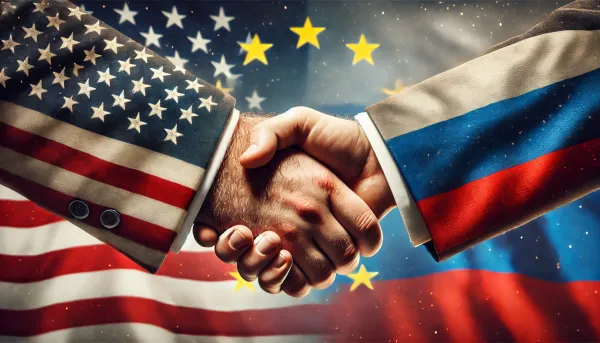The Epic Battle for European Glory: UEFA Champions League
In this blog, we will dive into the thrilling world of the UEFA Champions League, the pinnacle of European club football.

“Some people think football is a matter of life or death. I assure you, it’s much more important than that.”
Bill Shankly (Liverpool manager 1959-1974)
In this blog post, we will dive into the thrilling world of the UEFA Champions League, the pinnacle of European club football. From the electrifying atmosphere of the stadiums to the fierce competition on the field, the Champions League captivates millions of fans around the globe. Join us as we explore the rich history, intense rivalries, and unforgettable moments of this prestigious tournament.
Introduction
The UEFA Champions League (abbreviated as UCL, or sometimes, UEFA CL) is an annual club association football competition organised by the Union of European Football Associations (UEFA) and contested by top-division European clubs, deciding the competition winners through a round robin group stage to qualify for a double-legged knockout format, and a single leg final. It is the most-watched club competition in the world and the third most-watched football competition overall, behind only the UEFA European Championship and the FIFA World Cup. The UEFA Champions League is the world's biggest annual sporting event and, last year, drew a remarkable average viewing figure of 167 million for its final. It is big money business, with sponsors and broadcasters willing to pay big money to be connected with UEFA's crown jewel project. Revenues have increased beyond recognition since the tournament was introduced.
A Brief History
The UEFA Champions League founded by Gabriel Hanot and Jacques Ferran was introduced in the 1992-1993 season as an evolved version of the European Cup, which had previously been a knockout tournament. The new format involved group stages leading up to a final, establishing it as the most prestigious club competition in football. In 1998, there was a threat of a European Super League, prompting UEFA to respond by expanding the number of participating clubs to 32. Two years later, a group of 14 wealthy clubs formed the "G-14" (later increased to 18 clubs) to exert pressure on UEFA and FIFA for a larger share of revenue from the Champions League and World Cup. Inspired by the successful South American Championship of Champions in 1948, Gabriel Hanot, the editor of L'Équipe, advocated for the creation of a continental tournament. Jacques Ferran, one of the founders of the European Champions Cup alongside Hanot, acknowledged that the South American Championship of Champions served as inspiration for the European tournament.

The Road to the Final
The number of teams each association enters into the UEFA Champions League is based upon the UEFA coefficients of the member associations. These scores are generated by the results of clubs representing each association during the previous five UEFA Champions League and UEFA Europa League seasons.
The format of the competition has changed over the years, but here is an overview of the current format :
Qualification Rounds: The competition begins in late June with a preliminary round, three qualifying rounds, and a play-off round, all played over two legs. The six surviving teams enter the group stage, joining 26 teams qualified in advance.
Group Stage: The 32 teams are drawn into eight groups of four teams and play each other in a double round-robin system. Each team plays six matches in the group stage, one home game, and one away game against each of the other three teams in their group. The teams are ranked by points, with three points awarded for a win, one point for a draw, and no points for a loss. The top two teams from each group advance to the knockout phase
Knockout Phase: The knockout phase consists of four rounds: the Round of 16, Quarter-Finals, Semi-Finals, and the Final. The Round of 16, Quarter-Finals, and Semi-Finals are played under a two-legged knockout system (home and away basis). The team which scores the greater aggregate of goals in the two matches advances to the next round. Away goal rules apply in the case of a tie. The final consists of a single game at a neutral site
Final: The final includes the two winners from each semi-final. In the case of a tie at the end of normal time, two 15-minute periods of extra time are played. If the scores are still level after extra time, the winner is determined by a penalty shootout
It's worth noting that the format of the Champions League will change in the 2024-25 season, with the number of teams increasing from 32 to 36. The new format is called the 'Swiss Model' and sees all clubs play 10 group stage games instead of six, with the top eight teams in the group stage qualifying directly for the knockout phase
Champions League winners list
- 1955-56: Real Madrid
- 1956-57: Real Madrid
- 1957-58: Real Madrid
- 1958-59: Real Madrid
- 1959-60: Real Madrid
- 1960-61: Benfica
- 1961-62: Benfica
- 1962-63: Milan
- 1963-64: Internazionale
- 1964-65: Internazionale
- 1965-66: Real Madrid
- 1966-67: Celtic
- 1967-68: Manchester United
- 1968-69: Milan
- 1969-70: Feyenoord
- 1970-71: Panathinaikos
- 1971-72: Ajax
- 1972-73: Ajax
- 1973-74: Bayern Munich
- 1974-75: Bayern Munich
- 1975-76: Liverpool
- 1976-77: Liverpool
- 1977-78: Liverpool
- 1978-79: Nottingham Forest
- 1979-80: Nottingham Forest
- 1980-81: Liverpool
- 1981-82: Aston Villa
- 1982-83: Hamburg
- 1983-84: Liverpool
- 1984-85: Juventus
- 1985-86: Steaua București
- 1986-87: Porto
- 1987-88: PSV Eindhoven
- 1988-89: Milan
- 1989-90: Milan
- 1990-91: Red Star Belgrade
- 1991-92: Barcelona
- 1992-93: Marseille
- 1993-94: Milan
- 1994-95: Ajax
- 1995-96: Juventus
- 1996-97: Borussia Dortmund
- 1997-98: Real Madrid
- 1998-99: Manchester United
- 1999-2000: Real Madrid
- 2000-01: Bayern Munich
- 2001-02: Real Madrid
- 2002-03: Milan
- 2003-04: Porto
- 2004-05: Liverpool
- 2005-06: Barcelona
- 2006-07: Milan
- 2007-08: Manchester United
- 2008-09: Barcelona
- 2009-10: Internazionale
- 2010-11: Barcelona
- 2011-12: Chelsea
- 2012-13: Bayern Munich
- 2013-14: Real Madrid
- 2014-15: Barcelona
- 2015-16: Real Madrid
- 2016-17: Real Madrid
- 2017-18: Real Madrid
- 2018-19: Liverpool
- 2019-20: Bayern Munich
- 2020-21: Chelsea
- 2021-22: Real Madrid
Real Madrid holds the record for the most victories, having won the competition 14 times, including the inaugural edition. Six teams have won the competition three consecutive times or five times overall and receive a multiple-winner badge: Real Madrid, Ajax, Bayern Munich, Milan, Liverpool, and Barcelona.

Intense Rivalries
One of the most captivating aspects of the Champions League is the fierce rivalries that emerge on the continental stage. Matches between clubs like Barcelona and Real Madrid, Manchester United and Manchester City, or Bayern Munich and Borussia Dortmund are eagerly anticipated by fans worldwide. These encounters are often marked by breathtaking goals, tactical battles, and unforgettable moments that etch themselves into football folklore.
Legends of the UFEA
The Champions League has witnessed the rise of numerous footballing icons. From Cristiano Ronaldo's record-breaking goal-scoring exploits to Lionel Messi's mesmerizing dribbles and the dominance of legendary teams like AC Milan, Bayern Munich, and Real Madrid, the tournament has showcased some of the greatest talents the game has ever seen. The likes of Zinedine Zidane, Johan Cruyff, and Paolo Maldini have left an indelible mark on the competition, becoming synonymous with the tournament's greatness.
Top scorer in UEFA
- Cristiano Ronaldo - 140 goals
- Lionel Messi - 129 goals
- Robert Lewandowski - 91 goals
- Karim Benzema - 90 goals
- Raúl - 71 goals

Impact on Football Culture
- The Champions League globalized football, creating fans worldwide.
- The competition promotes diversity and tolerance in multi-ethnic societies.
- Football is tied to working-class culture, and many fans still relate to this tradition.
- The competition has also given rise to football legends and heroes, such as Didier Drogba, who have become icons of the sport
Conclusion
The UEFA Champions League continues to capture the imagination of football fans globally, offering a captivating blend of skill, drama, and passion. From the historic battles on the field to the unforgettable moments etched into football folklore, the tournament has become an essential part of the sport's fabric. As the world eagerly awaits the next chapter of this remarkable competition, we at Weandour.com will continue to bring you the latest updates, analysis, and insights from the world of Champions League football.




